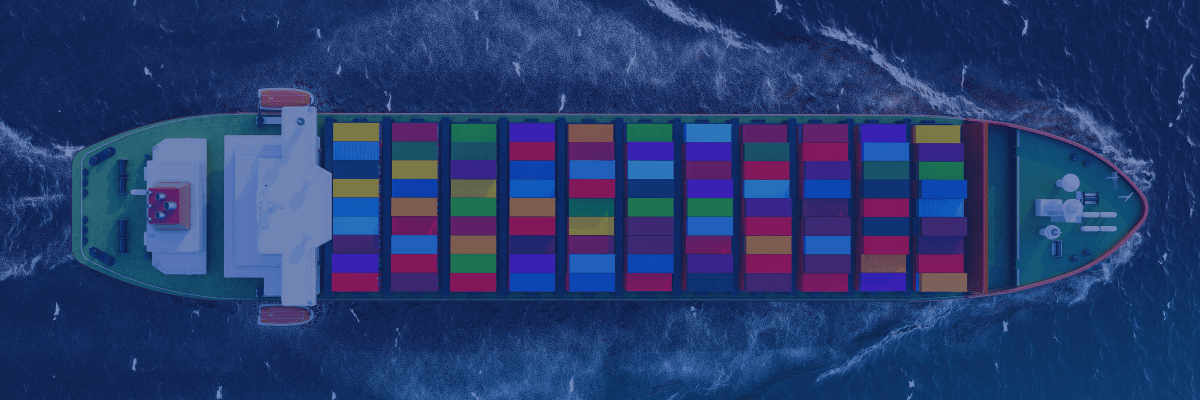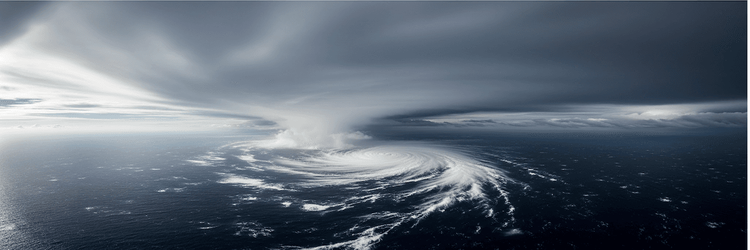The essential role of Voyage Optimization in reducing emissions and meeting sustainability goals
The International Maritime Organization's (IMO) Carbon Intensity Indicator (CII) regulation presents a significant challenge for the maritime industry's quest for sustainable transportation. While implementing the CII regulation has been debated, optimizing voyages is a crucial strategy for reducing emissions and improving a vessel's rating, allowing owners and charterers time to make well-informed decisions on decarbonization strategies.
As the global movement toward sustainable transportation accelerates, the shipping industry faces the new hurdle of complying with the IMO's CII regulation. This regulation assesses and rates commercial vessels' carbon performance on a scale from A to E. Such ratings can substantially impact a ship's commercial viability, posing potential challenges for ship owners and charterers aiming to maintain competitiveness in the industry.
How Voyage Optimization can enhance CII Ratings and reduce emissions
Although the CII regulation's implementation has sparked much discussion, the vital importance of voyage optimization in improving a vessel's rating is undeniable. Proven solutions already exist that can assist ship owners and charterers in reducing emissions, and improving and maintaining their CII ratings. Prioritizing voyage optimization grants them valuable time to make strategic decisions regarding decarbonization.
Weathernews, a leader in voyage optimization within the shipping sector, has aided its clients in cutting over 2.4 million tonnes of CO2 emissions in the past year alone through its weather routing solutions. John Sideris, Senior Sales Manager at Weathernews, notes, "Voyage optimization isn't a one-size-fits-all solution, as it encompasses various strategies leading to different outcomes. For instance, if a client's goal is to minimize voyage costs, we provide specific hire rates and bunker prices along with our top-tier weather forecasts and predictions to help lower fuel consumption and emissions."
Weathernews emphasizes that voyage optimization is essential for managing the overall CII of a fleet and optimizing every potential route to maintain or enhance it. However, this process requires a higher level of expertise than simply monitoring and calculating a vessel's CII through a basic reporting system. The company, headquartered in Chiba, offers advanced fleet management systems like its Optimum Ship Routing service, which assists shipmasters and shore operators in optimizing their maritime operations.
“Our clients often have different priorities regarding voyage optimization. At Weathernews, we ensure we understand our client's goals and set clear priorities. Voyage optimization can mean various things and produce different results. For example, if the client's priority is to minimize voyage costs, we use our best-in-class weather forecast and prediction to help reduce fuel consumption and emissions. This positively impacts their overall CII rating, which is crucial under the new IMO regulations,” says Sideris.
John stresses that managing emissions targets involves not just reporting and monitoring but also having a robust PDCA (Plan, Do, Check, Act) cycle in place to achieve continuous improvement and real optimization.
Voyage optimization in numbers
In a market crowded with service providers, it is vital to demonstrate real-world examples of how voyage optimization benefits clients. The following example illustrates the tangible benefits Weathernews has achieved by leveraging its recognized expertise in voyage optimization. Through strategic optimization decisions, Weathernews significantly reduced CO2 emissions for a specific voyage while meeting the client's business priorities.
"This example showcases how Weathernews’ voyage optimization benefits our clients' bottom lines. We understand that our clients' business priorities are crucial to their success. That’s why we are committed to optimizing the best possible routes for their vessels while also reducing CO2 emissions. Whether you prioritize RTA, MVC, instructed speed, or another metric, we collaborate with you to find a solution that meets your needs. Our service is highly valued by our customers, offering a proven return on investment, as demonstrated by this example," says Sideris.
Analyzing and enhancing every aspect
With over 50 years of industry experience, Weathernews has supported shipmasters and shore operators in mitigating business risks and increasing profits on more than a million voyages. As the shipping industry undergoes rapid changes, Weathernews has implemented various measures to adapt to its growing complexity, enabling the delivery of authentic voyage optimization services to its clients.
One notable example is Weathernews’ collaboration with Denmark-based VPS on ship-specific performance models and the implementation of ensemble forecasting, which has enhanced the accuracy of their voyage optimization. "Our partnership with VPS in Denmark to integrate ship-specific fuel models, along with ensemble forecasting in our route planning, has allowed us to improve the precision of our voyage optimization," says Sideris.
With access to ship-specific performance models and up-to-date weather forecasts, Weathernews’ refined Optimum Ship Routing service provides a range of safe and economical options for optimizing routes and engine RPM, enhancing operators' profitability. This service ensures high safety by considering variables such as weather patterns and potential hazards while recommending the most optimal route.
Ensuring a vessel's safe passage involves not only guiding it through rough waters but also analyzing, predicting, and forecasting every aspect of the journey, from SOSP (Start of Sea Passage) to EOSP (End of Sea Passage). This comprehensive approach ensures each voyage is secure and positively contributes to a vessel's CII rating. "To us, every voyage counts, and every route matters. That’s why we are always there, providing timely alerts and round-the-clock protection, so our clients can have peace of mind while navigating the high seas," says Sideris.
Improving vessel ratings with real optimization
The IMO's CII regulation challenges the shipping industry but also provides an opportunity to reduce emissions and enhance sustainability. To meet their emission targets, ship owners and charterers must adopt the right tools for voyage optimization. This involves assessing, predicting, and improving vessel ratings through comprehensive solutions that prioritize safety and efficiency.
Voyage optimization is becoming increasingly crucial in sustainability strategies as the industry moves toward decarbonization. Solutions like those provided by Weathernews can help reduce voyage costs, minimize emissions, and improve vessel ratings. Collaboration and the appropriate use of these solutions are critical for compliance with new regulations, emission reduction, and ensuring a profitable and sustainable future for the maritime industry.



